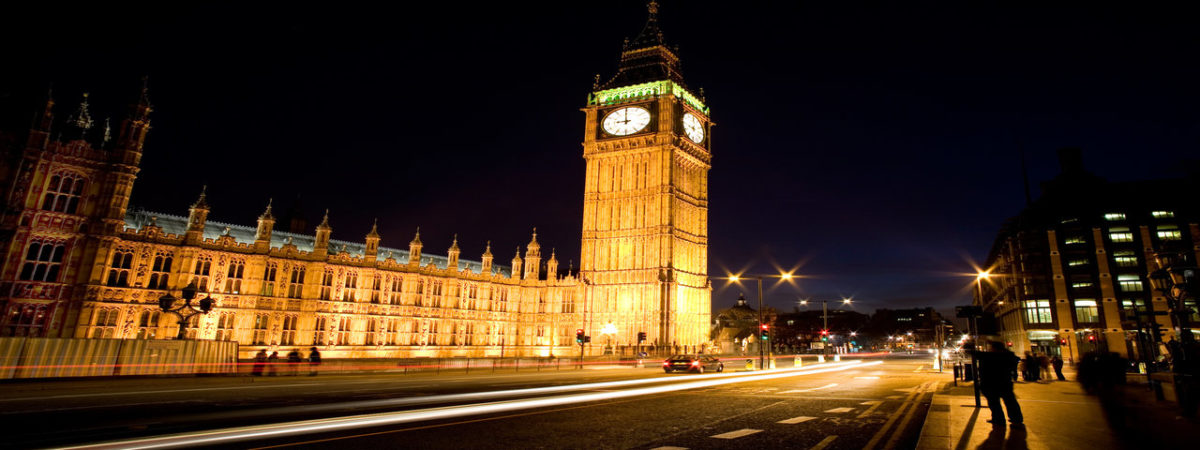Inflation: can we trust the politicians?
SUGGESTED



It is not prejudice, but post-judice, to suggest that the answer must be in the negative. We have seen how modern democratic politicians, seeking their own re-election above all else, have succumbed to pressures to debase the currency. In my working lifetime the pound has lost about 95 per cent of its purchasing power – an unprecedented rate of inflation in sterling’s history of more than a thousand years.
Some people suggest that in recent years inflation has slowed right down. But in fact the Retail Prices Index has more than doubled in the past twenty years. At that rate money loses 15/16ths of its purchasing power in a lifetime of eighty years. It is absurd to claim that as “stability”.
The last year in which the Retail Prices Index (or its pre-1947 equivalent) actually fell in a twelve-month period was 1934, when Ramsay Macdonald was prime minister. Not one of his fourteen successors as First Lord of the Treasury and not one of the twenty-four Chancellors of the Exchequer since then has managed to maintain the purchasing power of our currency.
The inescapable conclusion is that if British governments have indeed been trying to avoid inflation in the past 75 years, either they have shown themselves utterly incompetent to do so, or else they must have been suffering from the most appalling run of sheer bad luck.
Trends go on until they stop; but the downward trend in the value of money in the UK seems certain to continue, probably at a vastly accelerated rate.
Professor D. R. Myddelton is Chairman of the Institute of Economic Affairs.
2 thoughts on “Inflation: can we trust the politicians?”
Comments are closed.





You generally right and all know this as inevitable step UK government had to take.
As an outsider, I see the UK pound as a currency 1. strongly balancing against euro in turmoil period; 2. being a barrier for exports of UK farmers.
Currency is measured by opennes of economy, its productivity and overall level of development, which UK still has them all.
Having higher growth usually coming after these kind of cyclical downturns, in my opinion.
You generally right and all know this as inevitable step UK government had to take.
As an outsider, I see the UK pound as a currency 1. strongly balancing against euro in turmoil period; 2. being a barrier for exports of UK farmers.
Currency is measured by opennes of economy, its productivity and overall level of development, which UK still has them all.
Having higher growth usually coming after these kind of cyclical downturns, in my opinion.